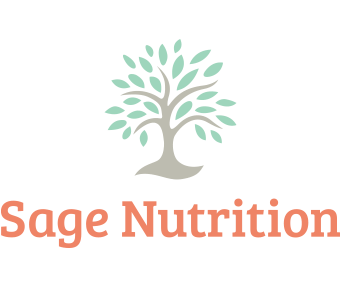Supplements
We’ve often heard how the media influences how we feel about our weight, shape, and general appearance. But, have you ever considered how the media influences the food, drinks, and pills we put into our bodies? Today, we examine the role of supplements in the American lifestyle.
Let me begin with a disclaimer: I am not antisupplement. I have often taken multivitamins, both prenatal and otherwise. I also frequently recommend multivitamins for certain groups of patients, specifically those with wounds that need healing, those with poor appetites, and those who are recovering from eating disorders. I also recommend that women who don’t consume much in the way of dairy include a calcium supplement and that clients following a vegan diet supplement with Vitamin B12 and any other nutrients they may be missing.
With all of that being said, not everyone needs supplements in their diet. Ideally, if you are generally healthy; eating a wellbalanced, omnivorous diet; and are not pregnant, trying to become pregnant, or lactating; you should be able to meet your nutrient needs. Of course, this isn’t always possible, as demonstrated by the examples above. However, our desire for health is often exploited by those selling supplements. We are told about the benefits of these supplements without being informed about the risks associated with taking over the counter supplements.
One of the risks is that the supplement you are taking does not contain the ingredients it claims. Supplements are not regulated like medicines, which means that they do not have to meet any specific standard of quality or amount of active ingredients. The New York Attorney General recently brought attention to this fact when their testing showed that many store brands of herbal supplements didn’t contain the herbs they claimed to contain.
Supplements and herbs can also interact with medications. St. John’s Wort, which is often used for depression, can decrease the effectiveness of many medications, including birth control pills. Valerian, often used for insomnia, can interact with medications such as Xanax, Valium, and Ativan. This is why it is extremely important to make sure your health care providers are aware of any and all supplements you take.
One of the main issues I find for my patients taking supplements is that the risks outweigh the benefits. I had a patient who was taking Vitamin B17 which she thought was helping to cure her cancer. Note that this is not a true vitamin, but an herbal supplement which can cause cyanide toxicity and has not been proven to help with cancer treatment. Despite the fact that the supplement could poison her (which she and her family were aware of), wasn’t helping her cancer, was very expensive, and had to be purchased online from another country, she continued to use it because someone who likely had no professional knowledge of nutrition or health had told her that it might work.
Another patient spent at least $50 per month on a supplement that claimed to help his diabetes because he had seen it on a TV talk show. He did no other research on the product once he had heard about it on TV. A quick internet search allowed me to see that although the individual ingredients had been tested, the whole product itself had never been tested, so there was no research on whether or not the amounts of the active ingredients used had any effect on his disease.
When my patients tell me that they pop vitamin C tablets when they feel a cold coming on or add protein powder to their beverages when their diets clearly contain adequate protein for their activity level, I have to gently inform them that they are really just paying for their urine to be more expensive. That’s because our bodies don’t store extra Vitamin C or protein when we don’t need it we just pee it out instead. Which isn’t great for our bodies or our wallets.
That said, if your health care provider thinks you need a supplement and you are ok with that-go for it! But don’t just add a pill to your regimen without first looking into it. Ask your primary care provider if it will interact with any other medications you are taking or if you even need it in the first place. And always be wary of someone who will financially benefit from your supplement use instructing you on what to use. Remember that Registered Dietitians (RD) and Registered Dietitian Nutritionists (RDN) are the only recognized health care providers who specialize in nutrition. Most of the credentials you will find at your supplement store of choice do not require the intensive training and continuing education that RDs and RDNs are required to have. And, they are probably making a commission from your purchase.
Knowledge is power. So do your research and ask questions. Your body and wallet will thank you.
Sources: The New York Times, Drugs.com, National Institutes of Health




Leave a Reply
Want to join the discussion?Feel free to contribute!